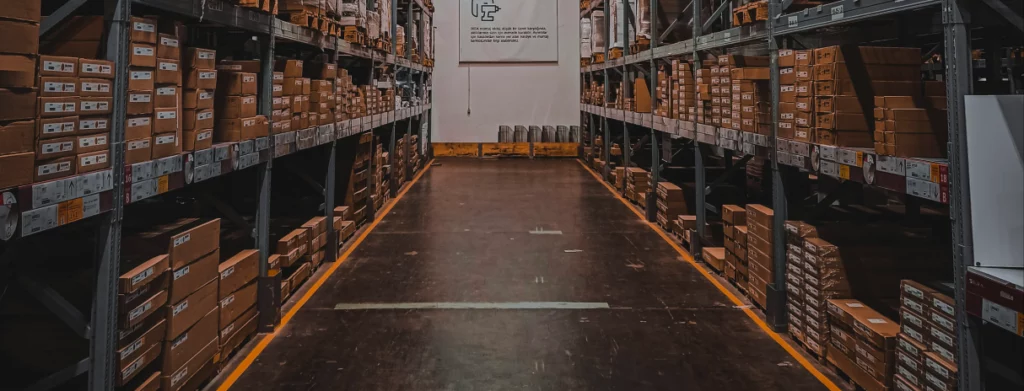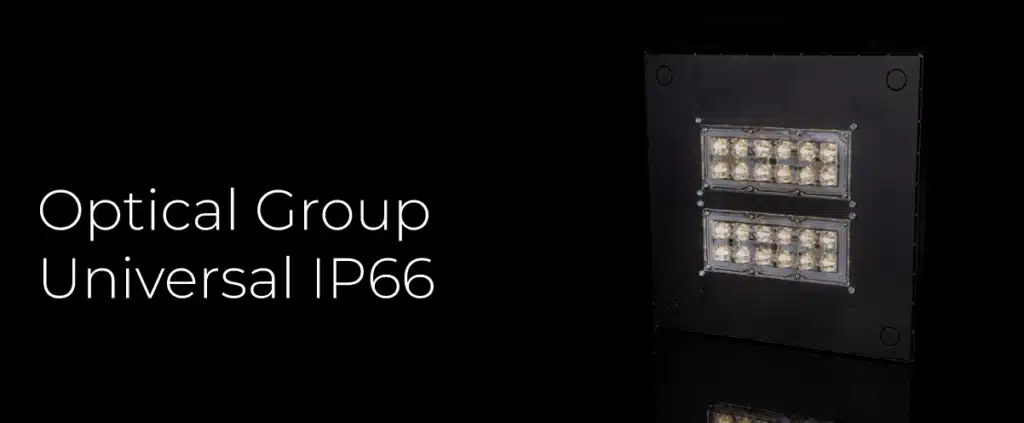As defined by the International Organisation for Standardisation (ISO), the quality of industrial products is understood as the “degree to which a set of characteristics inherent to an object meets the requirements”.
Total Quality, also known as TQM (Total Quality Management), can be defined as a strategic management model for companies that seeks a firm objective based on quality awareness in the totality of business processes. Improving the properties of the product itself should not only affect the product itself, but all departments as a whole. This business model not only improves all processes in the organisation, but also increases efficiency and flexibility in all processes.
Prilux considers the testing and validation of production processes and the final characteristics of each product to be of the utmost importance for the correct functioning of the product. It is essential to highlight the philosophy adapted by the company, based on EFQM (process management model) and total quality management models that define how to achieve optimum results.
To this end, the Group has a Quality Department specialising in both Product Quality and Total Quality control in the company. This monitoring enables us to offer a service that fully complies with the specifications assigned to it.
With reference to Total Quality, the company maintains a culture where the concept of quality is not only oriented towards an optimal product, but also seeks to achieve customer satisfaction through research into market needs. To this end, it is essential to have quality control systems that encompass both the product itself and the integration of all the processes of the different departments of the company in this area. The control, analysis and subsequent improvements in the different work areas allow an increase in the quality of the processes, an essential key to achieve excellence in the business field. In this way, the improvement of the service offered and the customer experience is guaranteed.
In terms of product quality, a strict inspection plan is developed where manufacturing processes are subject to the highest quality standards. The inspection of raw materials is carried out by the team of engineers at source, passing through all the intermediate stages of the production process until its completion. To this end, Prilux has its own laboratory equipped with the latest and most innovative measuring and testing equipment, where products are tested and subjected to the most stringent controls in order to offer the highest quality to the market. This process is divided into three phases:
- Internal inspections of the raw material. After a selected selection of material suppliers, the material is checked against the ISO standard to ensure reliability by taking random samples.
- Internal manufacturing controls. During in-house manufacturing processes, Prilux has automatic equipment for checking product quality. A relevant fact to highlight is that all the articles manufactured are fully tested prior to their sale by means of tests such as the verification of their power, electrical safety measurements (ENEC), etc.
- Finished product inspections. A detailed analysis of the finished product is carried out with the support, on occasion, of laboratory tests in order to be able to offer the customer the quality requested. This is done by selecting a number of key units and subjecting them to a detailed review.
Prilux is aware that quality is a key factor for the growth of the company, which brings with it a greater number of benefits for the industry and the end consumer. For this reason, the implementation of systems that guarantee the quality of the products is linked to the company’s philosophy.








